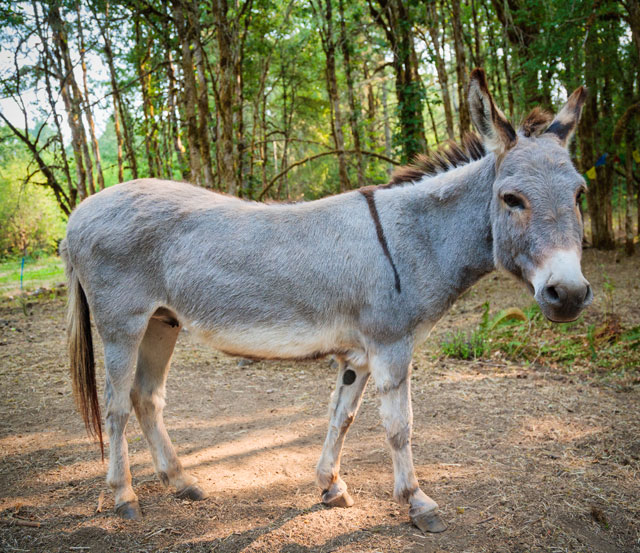The House of Representatives Thursday recommended a 10-year jail term for consumers and exporters of donkeys.
Apart, the House will inaugurate its 105 standing committees next week.
The committees and their heads were named July 25 by the speaker, Femi Gbajabiamila, before the House embarked on its two-month recess.
The Deputy Speaker, Ahmed Wase (APC-Plateau), who announced this at plenary Thursday, also said the leadership of the House would meet with chairmen and their deputies and give a direction on how the committees should conduct business, going forward.
The House upon resumption of plenary Thursday, mandated all ad hoc committees to submit their reports within two weeks to be passed over to the standing committees.
The decision of the House came on the heels of a motion on urgent matter of public importance by the Deputy Majority Leader of the House, Peter Akpatason (APC-Edo) at plenary.
Moving the motion, Akpatason said all ad hoc committees were to finish all investigations before September 30.
In his ruling, the deputy speaker urged all ad hoc committees to act in compliance with the resolution of the House, warning that failure to comply with the resolution would attract severe penalties.
Meanwhile, a proposed law to criminalise the killing, consumption and export of donkeys in Nigeria is underway in the House of Representatives.
A copy of the piece of legislation in process, was obtained Thursday, by VANGUARD.
The “Bill for an Act to Prohibit the Killing of Donkeys in Nigeria and the Exportation of Donkeys or its Carcass or Derivatives out of Nigeria, Given their Depletion in Numbers, the Threat of Extinction, and their Aesthetic, Ecological, Educational, Historical, Recreational, and Scientific Value to the Nigerian Nation,” was sponsored by Garba Datti Muhammad.
The proposed Act warned in part that “any person who commits an offence under sections 1 and 2 of this Bill, shall be liable boo conviction to imprisonment for ten (10) years”.
The sections in question stated that 1.” Notwithstanding anything contained in the Customs Excise Tariff, etc.(Consolidation)Act or in any Act or other enactment (including any statutory instrument or order), it shall be prohibited to export out of Nigeria, a donkey or its carcass or its body parts (including skins) or any product or Derivatives of a donkey”.
”Section 2(a) of the Bill adds that ‘It shall be unlawful to knowingly ship, transport, move, deliver, receive, possess, purchase, sell, or donate a donkey to be slaughtered for human consumption or for food for other animals; knowingly, transport, move, deliver, receive, possess, purchase, sell, or donate donkey parts for human consumption or for food for other animals”.
The sponsor of the bill explained that when enacted and enforced, the law would halt the looming extinction of the animal, and secure an economy derived from their production.
“This bill seeks to prohibit the killing of donkeys in Nigeria and the Exportation of donkeys or its carcasses or Derivatives out of Nigeria, given their depletion in numbers; the Threat of extinction; and their aesthetic, ecological, educational, historical, recreational, and scientific value to the Nigerian Nation, its people and use, particularly in rural transportation”
The proposed law also prescribes jail term for transporters and other accomplices in the donkey trade and consumption.
The Bill states in section 4(2) that “Where a corporate body or an association of persons commits an offence under the Bill, the chief executive, leader, head, or director of such a corporate body or association of persons, shall become personally liable for the penalty prescribed in subsection (1)”.
According to the piece of legislation, “in addition to the penalty specified in subsection (1) of this section, (a) the goods the export of which, is prohibited under this bill, as well as any vehicle, vessel, aircraft or other thing whatsoever used in connection with the exportation or vehicle, tools, devices, structure or building used in connection with slaughtering or killing a donkey shall be forfeited to the Federal Government.
“Any Customs officer or other person who aids, counsels, procures, or conspires with any person to commit an offence under this section, shall be guilty of an offence and liable on conviction to the same punishment as prescribed for the offence under subsection (1) of this section.”
The bill in section 5 states that “any offence committed under this Bill, shall be triable by the Federal High Court.”

